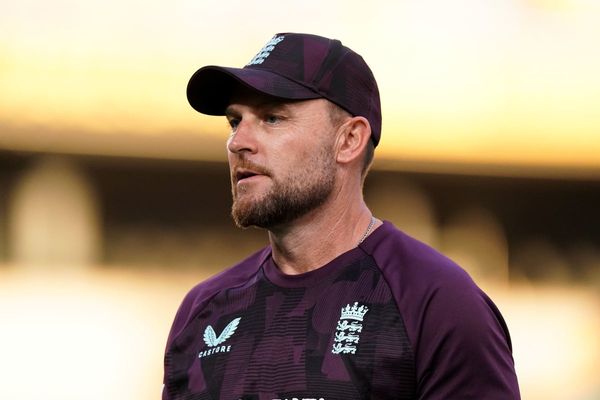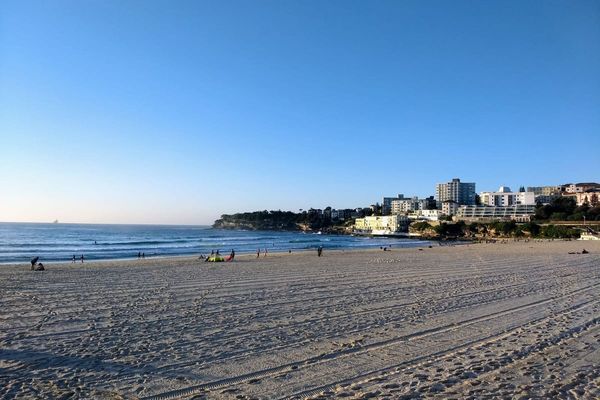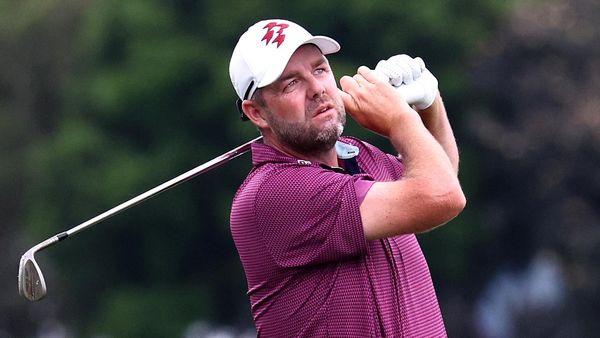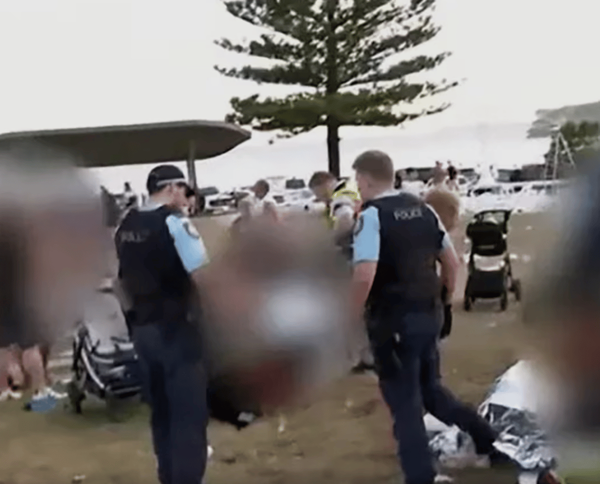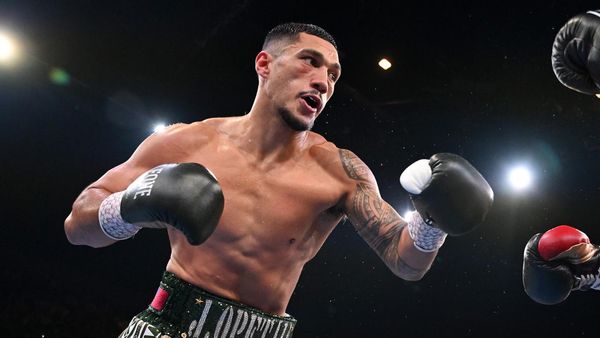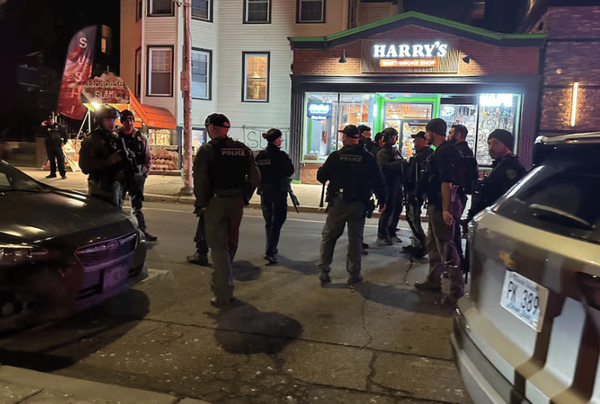
It’s 2022 and the only thing you’re legally allowed to make documentaries about is sport or murder. Personally, I am fine with this: we’ve lived through a boom period of sporting documentaries, from BBC’s excellent Gods of Snooker to HBO’s Tiger to Amazon Prime’s All or Nothing and Netflix’s so-good-it-reinvigorated-an-entire-sport Drive to Survive – all-encompassing works that tell the stories around those perfect sporting moments that grab the headlines, that feed our endless fascination with elite athletes who are capable of the extraordinary.
I suppose sports and murder documentaries have their similarities: basically, we love looking at a black-and-white photo of an innocent child then asking: “How could they possibly have done what they did?”, whether it’s about a championship-winning moment or a full chest freezer discovered by armed police.
To Paul Gascoigne, then, who you’ll remember from the entirety of the 1990s. We only get a glimmer of it from archive footage early in episode one of Gazza (Wednesday, BBC Two), but it’s easy to forget what an astonishing footballer he was: a line-breaking visionary passer with the gluey first touch of a dribbler and the upper body strength of an entire rugby scrum. The beats of Gascoigne’s story – an idol at his boyhood club, the pride of Italia 90, scoring that free kick against Arsenal, an FA Cup final knee injury, then Lazio, Euro 96, Rangers and missing out on the 98 World Cup squad – are well-worn by now, but the documentary-makers have done a good job of sifting through those little half-clips of unseen footage (though there is a lot of “bleach-blond Gazza gurning at the camera while eating crisps” going on) to help the story feel not “new” exactly but “new-ish”.
Sadly, Gazza suffers from the same problem actual Gazza did: far too many opinions from people in the media. It’s not just the way Gascoigne played football that felt out of time, but the way he was elevated to the pantheon of superstardom then torn down as soon as he stepped out of the moral strictures the newspapers decided for him: we’ve seen it since with David Beckham, Wayne Rooney and Raheem Sterling. That could have been an interesting parallel to Gascoigne’s football career – a decade-and-a-half long “what if?” story, arguably one of sport’s most frustrating, but also evidence that the halcyon glare of the 90s tabloid spotlight had as much ability to destroy as it did to celebrate, and maybe that was the point all along – if it wasn’t told by, well, the journalists who did it.
So: we hear from Jane Nottage, Gascoigne’s former assistant from his days in Italy, who went on to sell a tell-all book that shattered his trust in strangers. We hear from Graham Johnson, introduced on-screen as “Journalist, News of the World, convicted of phone hacking at the Sunday Mirror”, who calls Gascoigne and his wife Sheryl a “tabloid fairytale”. Over footage of Gascoigne’s first stay in rehab, former News of the World journalist Paul McMullan explains how Gascoigne’s diagnosed paranoia wasn’t paranoia at all, because his newspaper was hanging mobile phones from various trees in an effort to listen to him. Greg Miskiw, arrested as part of Operation Weeting, calls Gascoigne “easy meat”. We hear a little from England teammates Paul Ince and Paul Merson, but much less than, say, convicted former journalists. We do not hear from Gascoigne himself, though we get a nice slow-mo shot of him fishing, which I guess makes up for the 22-year period between Middlesbrough and now that the documentary ignores entirely.
Gazza feels, then, like a documentary about the “dark arts” of tabloid phone hacking that is endlessly hamstrung by having to show footage of a footballer playing football. Swathes of the second episode of this two-parter go by without a ball being kicked, and you start to suspect that it could have worked as one episode of a multi-part documentary investigating how the lawless 90s tabloids impinged on the lives of Hugh Grant, Liam Gallagher, Ulrika Jonsson and Princess Diana, but someone in commissioning decided nah let’s not do that, and now what we have instead is a documentary that says: “Look how bad it is when the media covers people insensitively!” while sort of doing the same thing itself. Let me put it this way: it’s incredibly strange to watch a two-hour documentary that starts with a geordie doing kick-ups and ends with an explanation of Rebekah Brooks’s entire editorial career. There is more to Paul Gascoigne than one free-kick, a nightclub knee injury and the fact that he knew Chris Evans. This documentary doesn’t get anywhere close to unearthing that.
